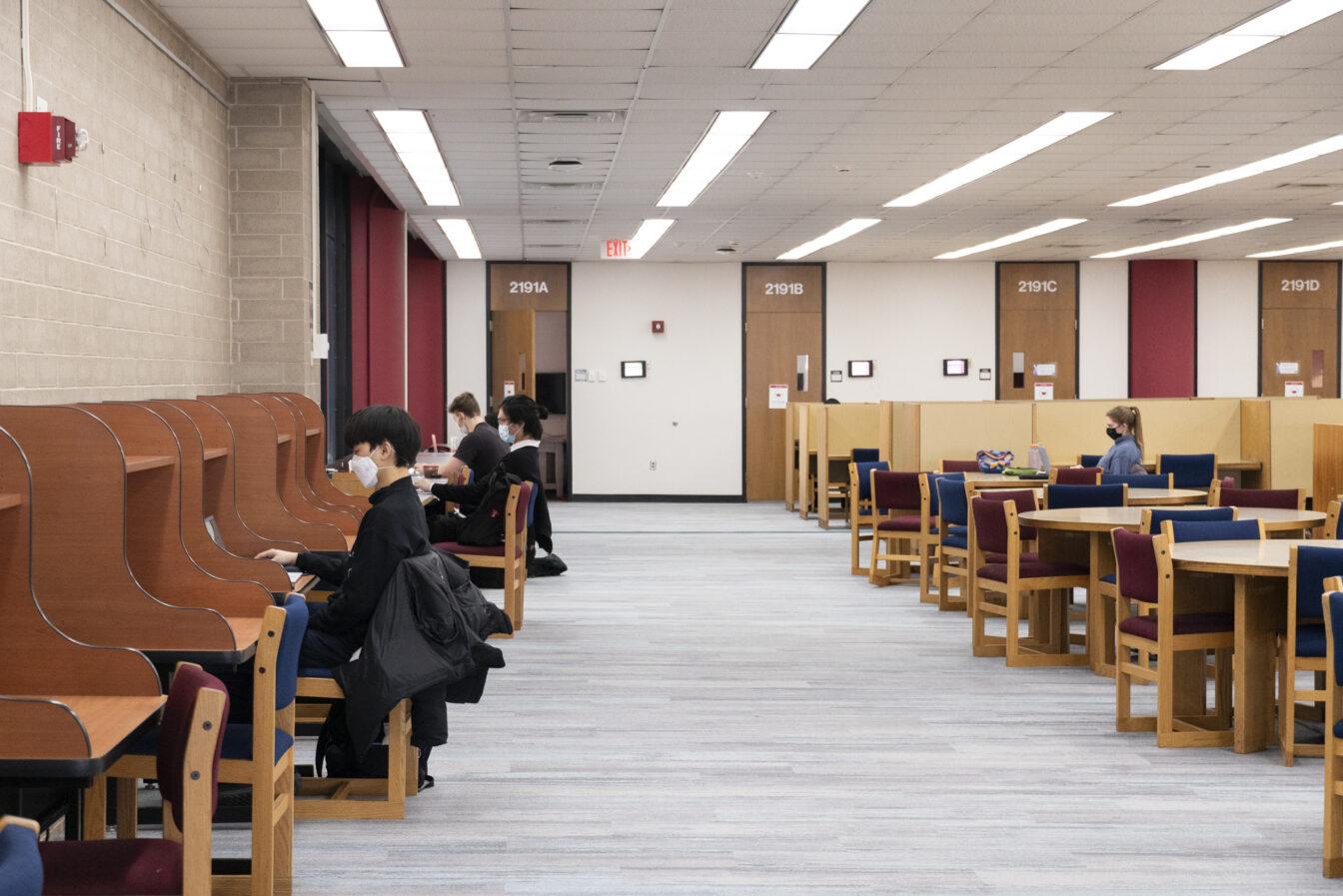Republican efforts to freeze the salaries of nearly 41,000 employees at the Universities of Wisconsin have dominated recent headlines. In response, Gov. Tony Evers announced a lawsuit against Republican members of the Wisconsin State Legislature in an effort to block the maneuver — a move in line with his reputation as a staunch advocate for public education.
If the lawsuit proves unsuccessful in reversing the blocked pay raises, many employees will soon feel their pocketbooks tighten as last year’s 8% inflation rate slowly eats away at their earnings. All employees across UW campuses certainly deserve economic justice reflected in pay raises, yet campus administrators often leave student employees out of the equation.
As of the 2021-22 academic year, over 9,000 student employees worked across the UW–Madison campus. In roles ranging from dishwashers to research assistants, student workers are undeniably essential in keeping the university functioning each day.
The last major pay raise for student workers came right before the beginning of the Fall 2022 semester. University Housing and the Wisconsin Union increased starting hourly wages from $12 to $15 for students. But other campus employers continue to lag behind.
According to UW–Madison’s internal student jobs board, most on-campus student workers can expect to receive a starting wage anywhere from $11 per hour all the way up to around $17 per hour. While lucrative compared to the stagnant federal hourly minimum wage set at $7.25, on-campus wages are still unable to address the economic pressures many students face.
The Massachusetts Institute of Technology’s Living Wage Calculator uses data to estimate the hourly wage that full-time workers need to earn in order to afford basic costs of living. According to this estimate, single workers without children need to earn at least $17.49 per hour to afford to live in Madison.
Hardly any widely available, on-campus jobs pay student employees nearly that figure. Throw in the fact that student employees must work less than 30 hours per week — a policy likely designed to exclude student employees from full-time benefits — and some international students only able to work 20 hours during the school year, and suddenly a pay increase to $15 an hour for many students feels less charitable.
Demand for wages for student workers is not just a selfish grab for more money, but a much-needed economic lifeline. In Madison, the cost of living is quickly spiraling out of control. Rent prices increased 14.1% since the spring of last year, which is the highest among major cities in the entire country.
The resumption of tuition hikes only adds to the mounting financial burden students bear, raising tuition by nearly $400 for in-state students and more than $1,100 for non-residents. Before this semester’s tuition adjustments, more than 40% of UW–Madison students took out loans to cover the cost of tuition, placing the average debt for graduates who take out loans at a whopping $27,107.
According to data compiled by the Minnesota Daily, UW–Madison is not among the highest in the amount of debt that students graduate with but is well behind other Big Ten public universities. At Purdue University, for example, the average student debt during the 2021-22 academic year was only $3,389.
Despite all these rises in the overall cost of attendance for UW–Madison students, the minimum wage for students on campus has not budged from $12 an hour since February of 2022.
In fact, university policy often explicitly excludes its student employees when introducing pay raises and other benefits for staff and faculty. While this kind of exclusionary policy makes it convenient for the university to save on labor costs for its thousands of student workers, it also reduces student workers to second-class status.
Students often work alongside full-time staff, contributing in non-menial ways — helping conduct cutting-edge research, ensuring quality dining experiences and solving technical issues. If university faculty and staff deserve pay raises to guarantee a living wage and fair compensation, so too do student workers.
This is not to say that UW officials and campus administrators bear the full responsibility for keeping wages for student workers low. Battles over funding with the GOP-dominated state Legislature have certainly put the UW budget in a tight spot, forcing tough decisions on budget cuts. Raises for student wages just happened to be among the first items on the chopping block.
Wisconsin Republicans remain stubbornly obtuse in understanding the direct impacts on UW campuses due to their politically motivated decision to starve the university system of more than $100 million.
UW–Madison continues to excel on the national and global scale despite budget cuts, yet the state Legislature must prioritize funding UW or risk jeopardizing its educational excellence and ethical employment practices.
With an increase in funding, UW–Madison would have more resources to raise compensation for all workers, including student employees. But doing so requires a recalculation in attitude toward the very students who work so hard to keep the university running.
Jack Rogers ([email protected]) is a sophomore studying economics and Chinese.














